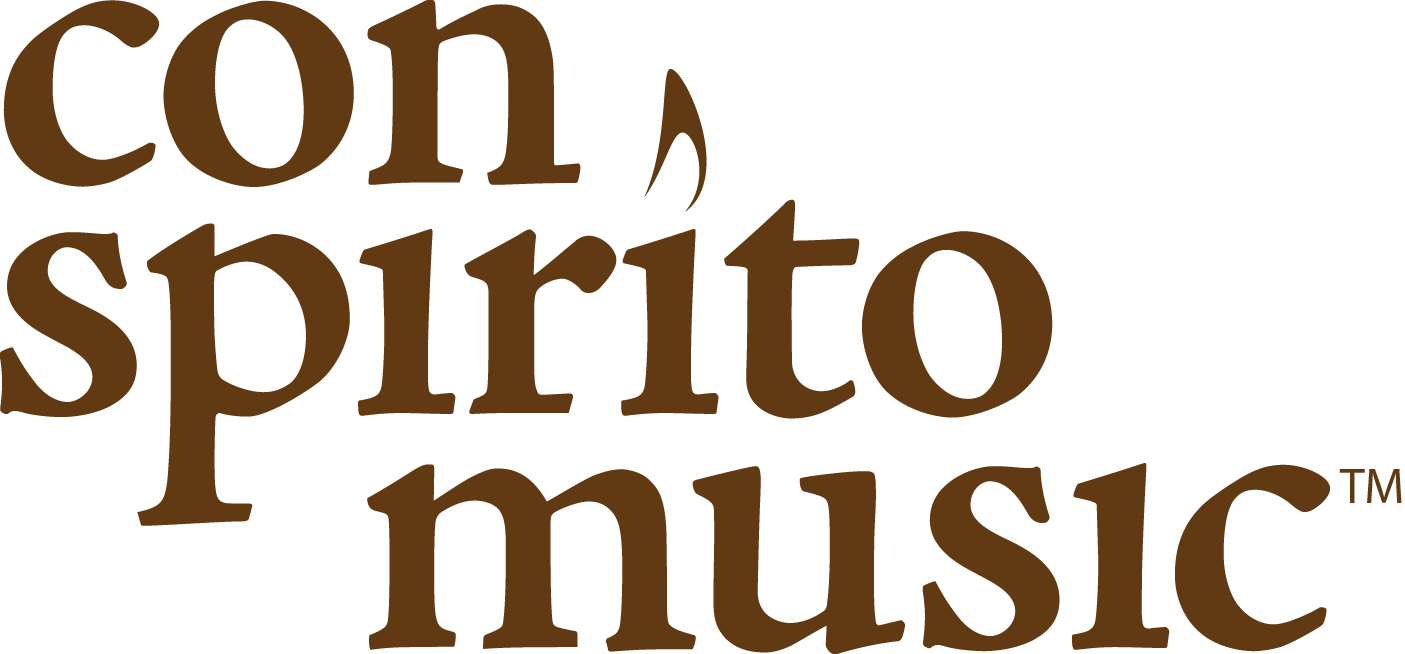“Easter Anthem” is a choral work by William Billings (1746-1800) with text excerpted from Night Thoughts on Life, Death, and Immortality, an extensive blank-verse poem by the English poet Edward Young (1683-1765) published in nine parts (or “nights”) from 1742 to 1745.
Born in Boston, Billings was self-taught in music — a tanner by trade — and he was renowned as a singing master and proponent of the singing-school tradition of American folk culture. Considered the first native-born American composer, his works include hymns, anthems, psalms, and fuging tunes.
“Easter Anthem” is exemplary of his compositional style, which is noted for rhythmic vitality and straightforward harmonies. Exuberantly glorious, it celebrates the resurrection of Christ and the salvation of the world from its opening acclamation, “The Lord is risen indeed! Hallelujah!” to its closing declaration, “Thine all the glory, man’s the endless bliss!”
The Lord is risen indeed! Hallelujah!
Now is Christ risen from the dead,
And become the first fruit of them that slept.
Hallelujah!
And did he rise?
Hear, O ye nations! Hear it, O ye dead!
He rose! He burst the bars of death,
And triumph’d o’er the grave.
Then I rose!
Then first humanity triumphant
Pass’d the crystal ports of light,
And seiz’d eternal youth.
Man, all immortal, Hail!
Heaven, all lavish of strange gifts to man,
Thine all the glory! Man’s the boundless bliss!
This joyful work, which explores various combinations of choral voices, is well-suited to the sonorities of the brass quintet. In this arrangement of “Easter Anthem” for brass, tempo indications, dynamic markings and articulations, as well as a newly composed timpani part, have been added by the arranger.
Score, parts (Bb tpt. 1, Bb tpt. 2, F horn, tbn., tuba, timpani) — $12.99
